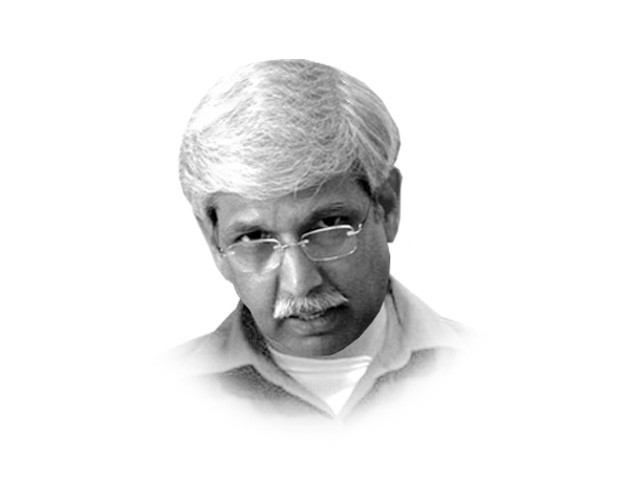Can we change our ‘hate-India’ mindset?
Bangladesh is, with great national pride, the literal better-half of the erstwhile Pakistan.

The Bangladesh army did a couple of things better: one, they did not directly take over power, and two, while cleaning the corrupt from the system, carried out a thorough census and instituted a strong and independent Election Commission. The Election Commission’s insularity from any external influence was so explicitly manifested that Khaleda Zia initially boycotted the elections for a clear failure to be able to manipulate the commission for favour. We in Pakistan got involved in some other acts, chief were the infamous NRO condoning corruption and a blatant misstep to neuter the judiciary.
Since elections in 2008 and the return of Hasina Wajid under a relatively cleansed dispensation, the Bangladesh model has undergone some even more significant variations, perhaps a Bangladesh Model II. It is worth a look.
Under Ms Wajid, Bangladesh enacted an act to declare the country secular. This has separated the clergy from all matters of governance, political interference and issuing fatwas in matters of personal life. Next, a revolution of sorts has come about with the Grameen experience. Ordinary rural women have been empowered by small loans and guidance to invest in garment manufacturing and this has helped unshackle them from the religious straitjacket and presumed male domination. And, the fact is that these women are the real force behind the rise of Bangladesh’s garment industry. They have chosen to educate their daughters at the same level as their sons and also have smaller families. Importantly, the mullah’s ability to interfere in their belief system has been curtailed by the state.
Bangladesh today is the world’s fourth highest exporter of garments — at $12 billion a year (this for a country that grows no cotton!). Investors and entrepreneurs from neighbouring countries, particularly Pakistan and Sri Lanka, are shifting their manufacturing plants to Bangladesh. Under Hasina Wajid, the economy has been averaging annual GDP growth of six per cent for the past three years. Bangladesh has near universal literacy and is far ahead of other South Asian nations in achieving the Millennium Development Goals. Around a million Bangladeshis leave their shores every year for employment in foreign countries and contribute over $10 billion a year in remittances. In another innovation, the central tax authorities held two fairs to enable citizens to join the income tax payment scheme. What happened? Long lines formed as they joined in to be a part of the drive and pay the applicable taxes.
Bangladesh is, with great national pride, the literal better-half of the erstwhile Pakistan. That needs to be applauded. And that is the model we need in Pakistan.
The question is that are there any takers? Are we going to change our ‘hate-India’ mindset as Bangladesh has done, freeing resources for the economy? Of course, at the same time, can we do without the army chaperoning this infantile democracy, especially since democracy itself seems unwilling to grow and the state is unable to make all those who should pay actually pay tax.
Published in The Express Tribune, October 20th, 2010.















COMMENTS
Comments are moderated and generally will be posted if they are on-topic and not abusive.
For more information, please see our Comments FAQ